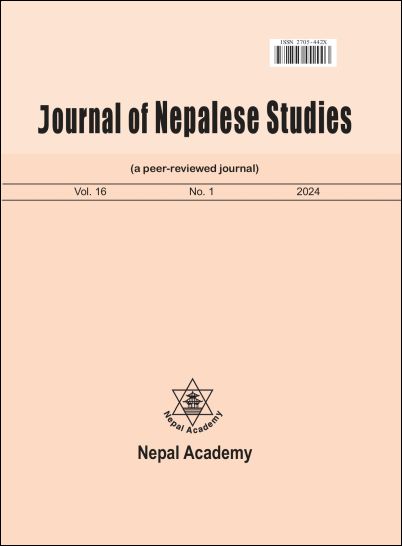Decolonization of English language assessment for equitable learning: Teachers’ agency perspective
DOI:
https://doi.org/10.3126/jns.v16i1.71787Keywords:
English language assessment, decolonization, equity, epistemic injusticeAbstract
This paper examines the agency of English language teachers in decolonizing assessment practices within their respective school contexts. Employing a phenomenological approach, this study draws on data collected through in-depth interviews with six secondary-level English language teachers from six purposively selected public schools in the Kathmandu Valley. The findings reveal that divergent forms of classroom instruction, normative assessment practices perpetuate epistemic injustice. English language teachers find themselves caught between top-down policies and bottom-up practices, despite their awareness and willingness to transition language assessment from conventional monolingual to plurilingual processes. This constraint hinders their ability to contextualize assessment according to learners' diversities and needs. The situation underscores the persistence of colonial-sounding practices, such as normative standards in assessment, necessitating teachers' full autonomy in assessment design and implementation to advance decolonization efforts in assessment and pedagogy. These findings significantly affect future policy initiatives in English language teaching in Nepal, particularly concerning the assessment integrated with pedagogical practices.




